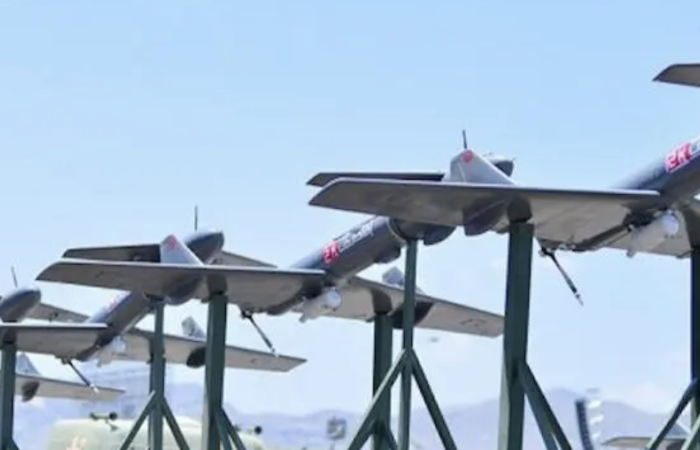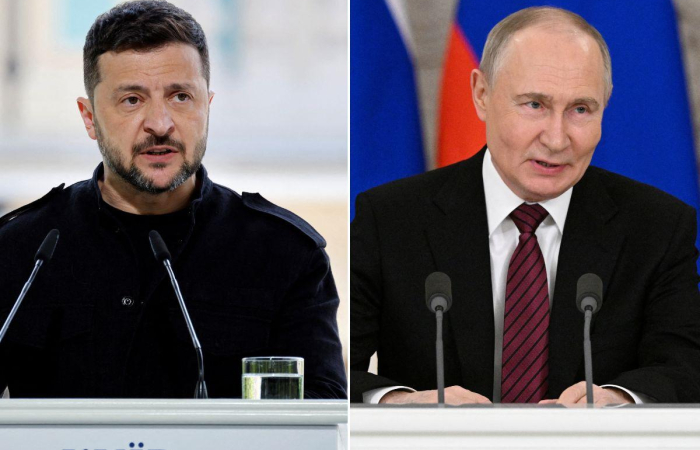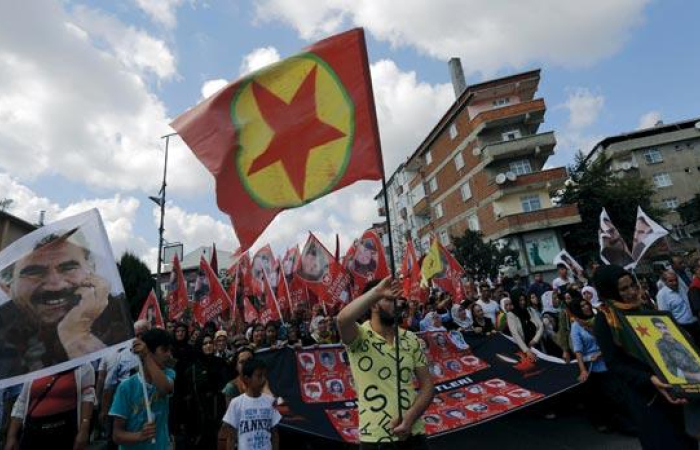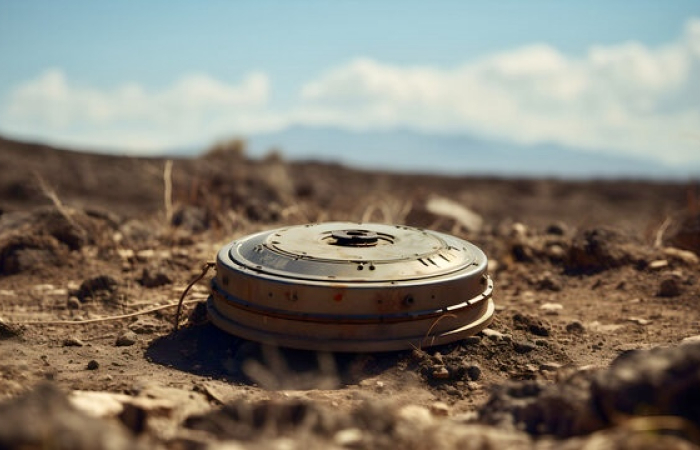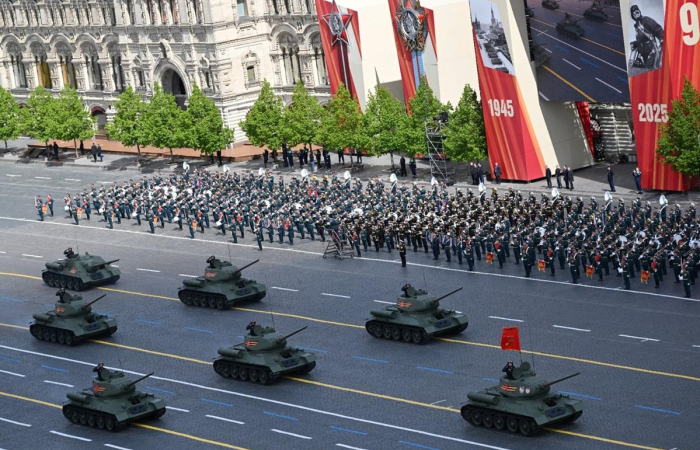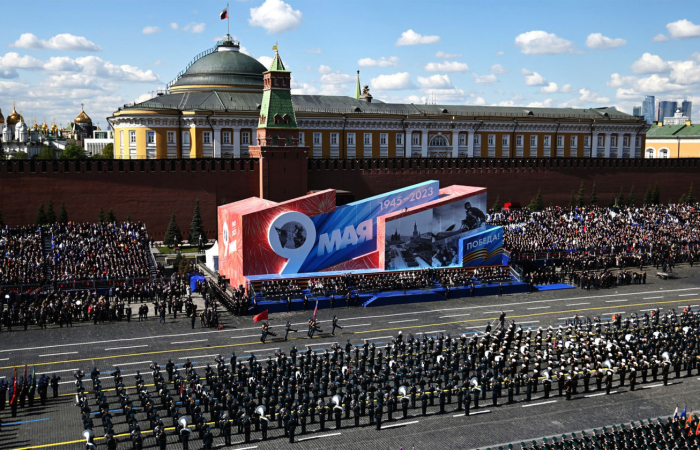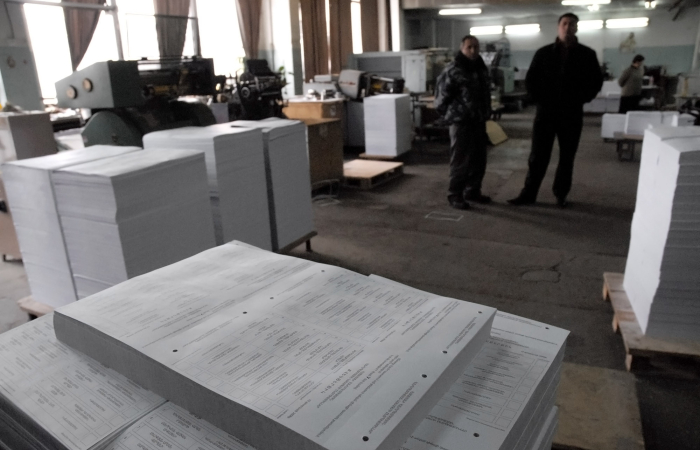Trending
Just Peace - "The Hague Speaks for Peace: Rebalancing Security”
5 July 2025
Last week, as NATO leaders gathered in Brussels for their summit, LINKS Europe joined other civil society organisations in a public statement. The Statement was the initiative of The Hague Humanity Hub.
The statement called for a balanced vision of peace and security, one that places people at its heart.
At a time when the focus is increasingly drawn toward defense capabilities and military preparedness, the statement urged equal and sustained attention to and investment in the long-term work of building resilient, inclusive, and just societies. This is not an alternative to security, it is the foundation of it, the statement added.




